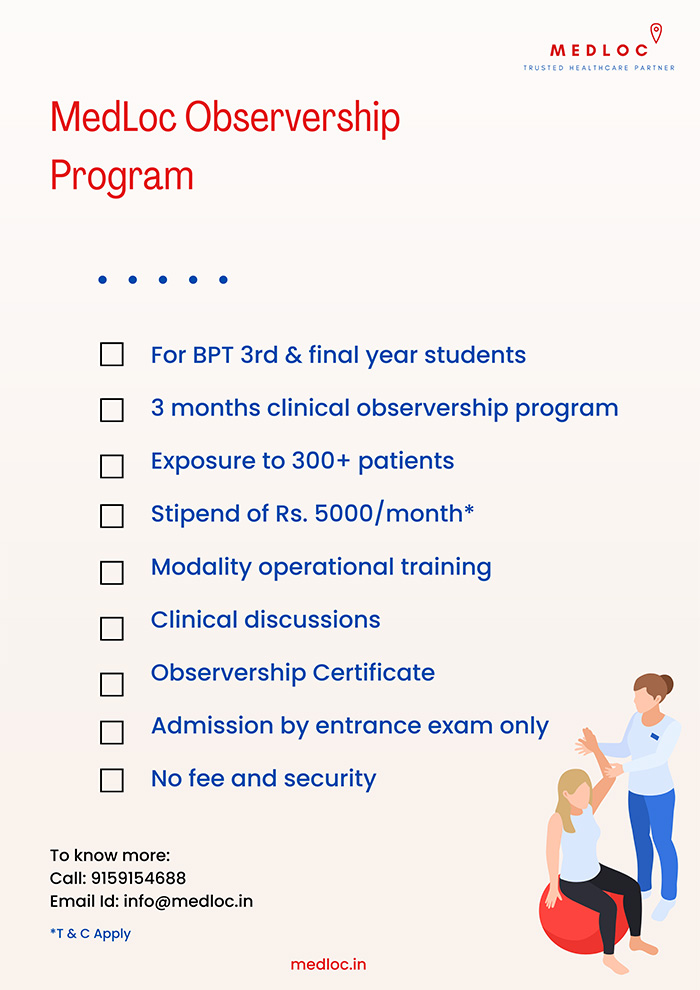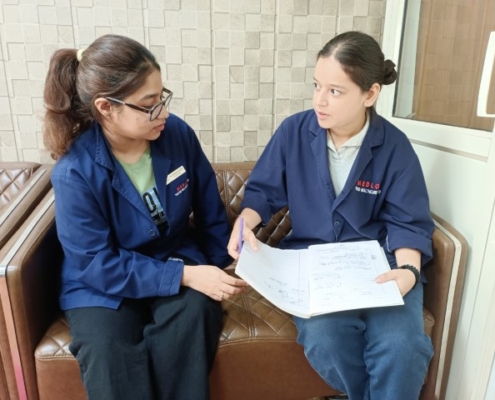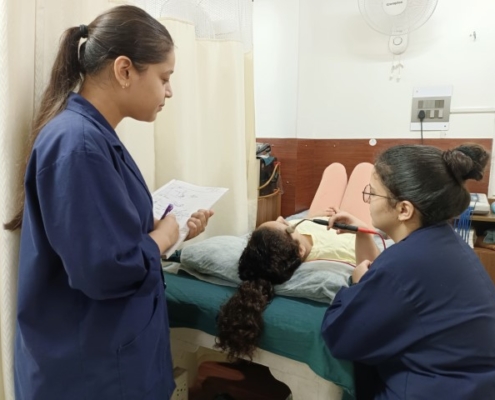When it comes to finding the right career and evaluating if you have the skills needed to become a physiotherapist, remember these key items:
- Skills can be taught.
- It’s never too late to learn something new.
- Practice makes perfect.
WHAT WILL YOU LEARN?
Patient dealing:
You will learn to build trust and respect as a physiotherapist so that your patients can feel confident and safe in your care.
Advanced therapy:
You will get to learn about new techniques. As time gets updated new techniques are being used to treat patients according to their respective conditions. Advance therapy includes vacuum therapy, dry needling, cupping and kinesio taping.
Time management skills:
As you may see several clients in one day, it is important to keep to a schedule so that you can fit everyone in without delays. Managing time and treating accordingly is also a major task to learn about.
Mat activities:
To achieve the desired effect of the treatment programme, mat activities should be sequenced in rehabilitation programme. The type of the mat activities, given to the patient is determined by the therapist on the basis of level of lesion and medical status of patient.
Modality application:
You will learn advanced clinical knowledge and experience in a wide range of physiotherapy treatment modalities to help patients recover, feel better, and get pain-free.
Mobilization techniques:
You will learn about joint mobilization techniques by increasing the patient’s awareness of the correct position and movement of a joint and simulating smooth joint function, joint mobilization improves range of motion and mobility.
Problem solving skills:
You will learn to use your knowledge and expertise to then find out what exercises and therapeutic remedies might lessen the pain or heal this part of the body.
Interpersonal skills:
You will also get to learn to possess excellent interpersonal skills as a physiotherapist as you will be working with a diverse range of people every day.To achieve this, you need to be a good listener, show compassion, and motivate your patients to believe that they can get better.






